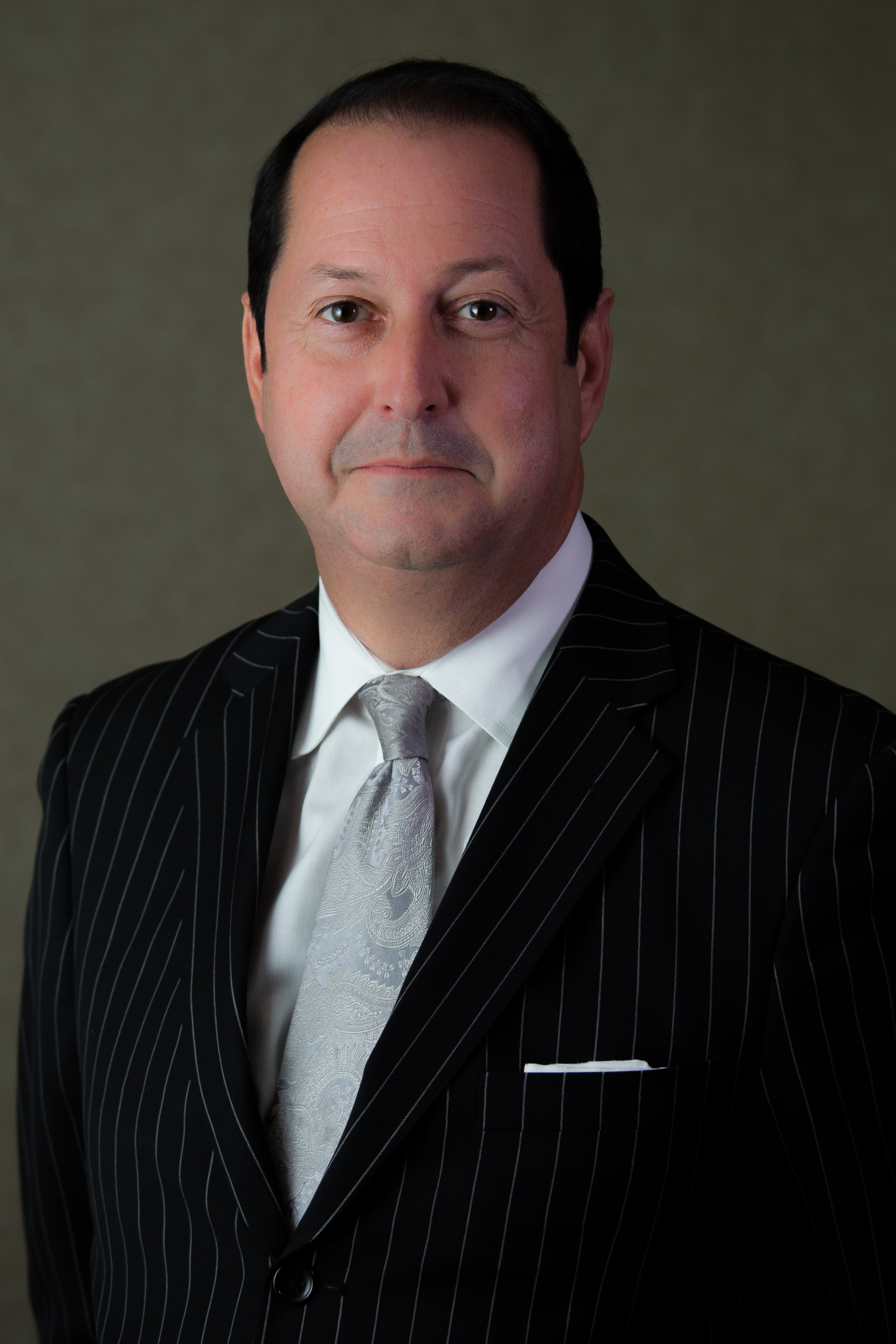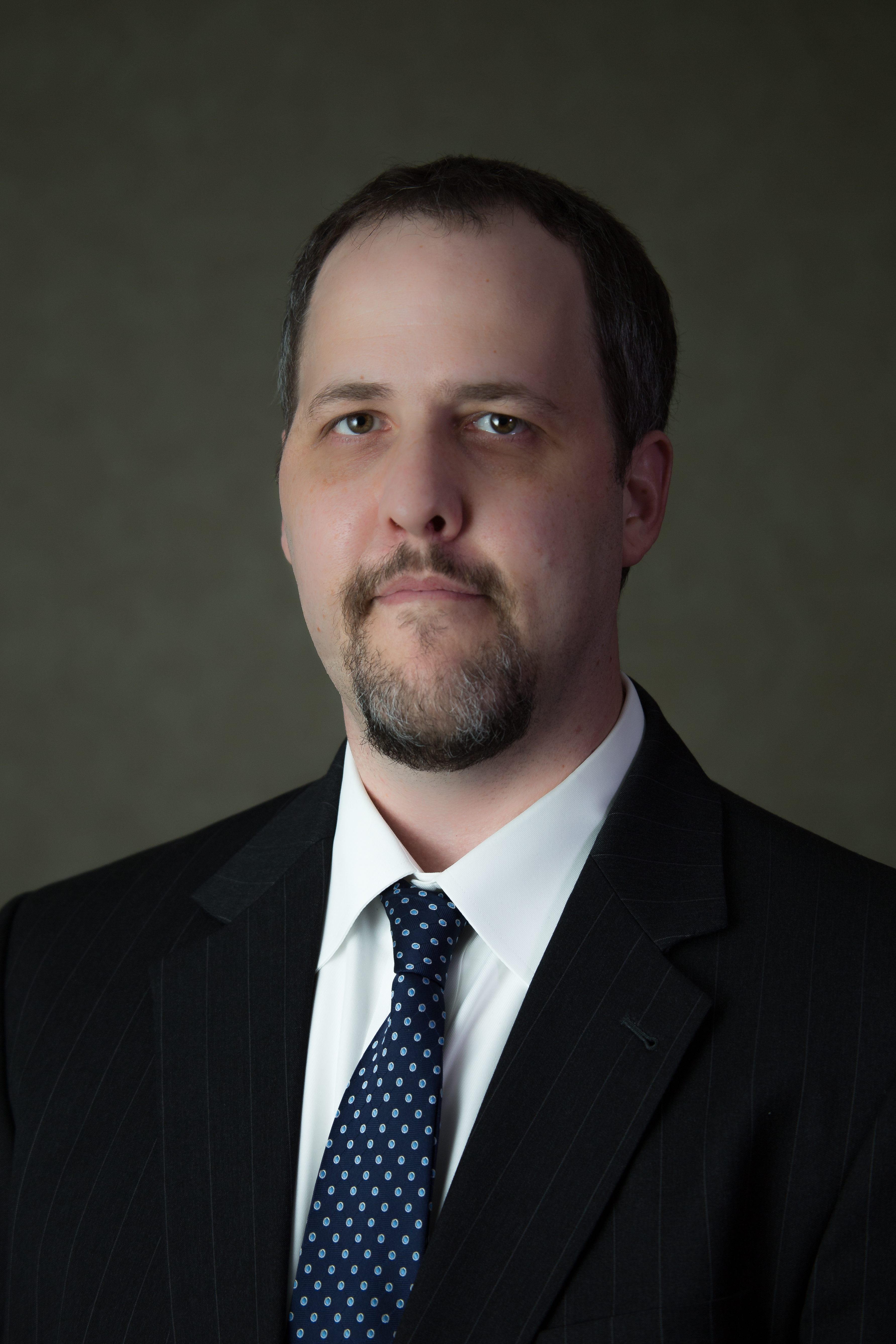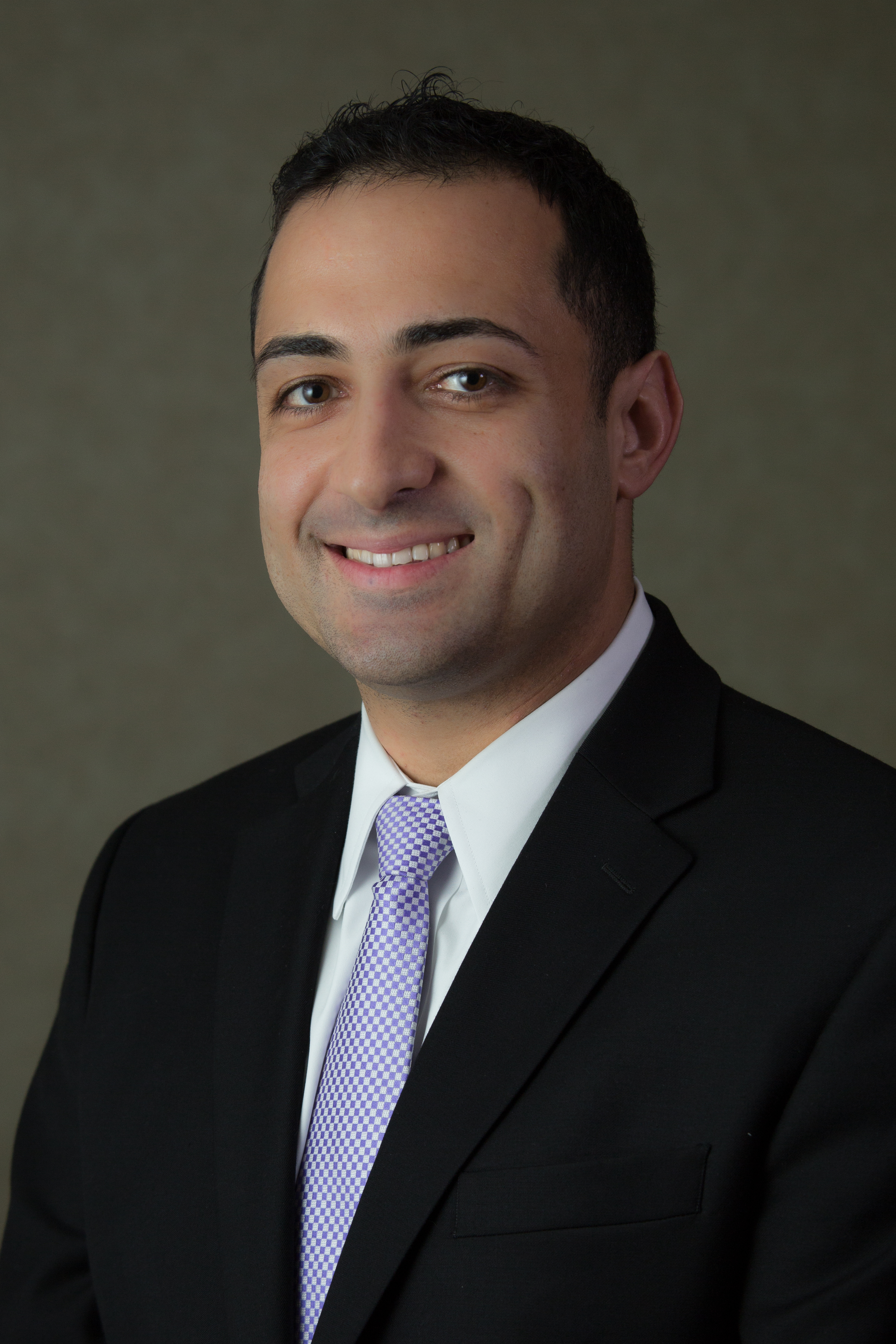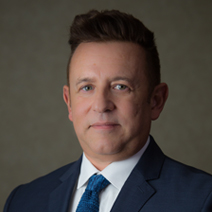OSHA Issues Post-Sandy Mold Warnings
Clean-up and construction workers will encounter mold in the wake of Hurricane Sandy, says the Occupational Safety and Health Administration. For that reason, all workers need to be aware of the dangers of mold and how best to protect themselves. OSHA has issued a statement and a fact sheet on minimizing the risks while still holding employers responsible for worker exposure.
Wet conditions breed mold and mildew, and mold isn’t just something that causes you to toss leftovers in the garbage can—it’s dangerous.
In keeping Sandy workers healthy, both workers and employers must be aware of the risks. “Critical to this,” remarked Robert Kulick of OSHA, “is employers knowing the hazards of mold, developing an effective mediation plan, the use of effective controls, work practices and personal protective equipment, and training employees to recognize and protect themselves against mold.”
“Mold Hazards during Hurricane Sandy Cleanup,” is a fact sheet from OSHA designed to educate workers about their risks. However, Kulick points out, it isn’t a replacement for the “employer’s responsibility to ensure that workers are equipped with the knowledge and safeguards to protect themselves against mold and other work-related hazards.”
According to the fact sheet, most molds are harmless, but some can cause illness, infections, and produce toxins which can sicken people. Controlling moisture and cleaning areas can eliminate molds and their related risks. Drying the air is crucial.
In areas where mold is visible and extensive, protective equipment is needed. Workers should wear respirators, non-vented goggles, long gloves, and protective clothing. Additional tips include:
- Do not drink or eat in work areas.
- Avoid breathing dust or musty conditions directly.
- Once an area is cleaned, use a vacuum with a HEPA filter for cleaning up small dust particles.
- Rewet surfaces while cleaning to avoid inhalation of air-bound particles.
- Make sure areas are well ventilated.
- Wrap the items to be thrown away to avoid spreading mold spores.
Respiratory distress is a common sign that you have been exposed to too much mold. Chest infections and aggravation of asthma and allergies can also be early warning signs.
While you must do your part to stay healthy, it is up to your employer to provide you with the right tools and equipment to minimize potential risks while on the job. Failure to do this could make them liable if you get ill.
If you are hurt or sickened after working in Hurricane Sandy clean-up efforts, the New York and New Jersey construction accident lawyers of Ginarte are available to discuss you













